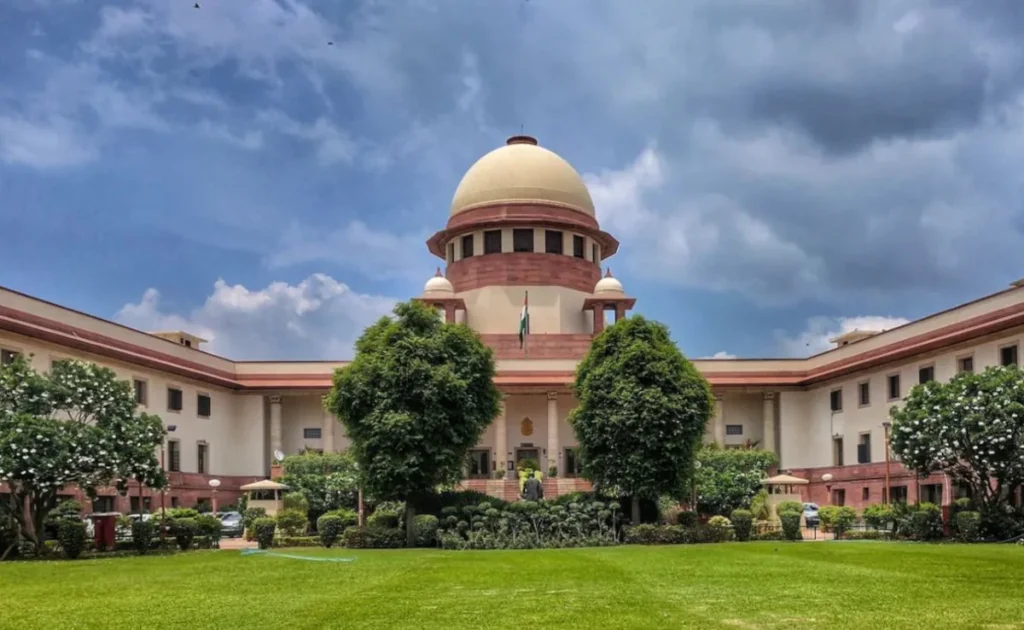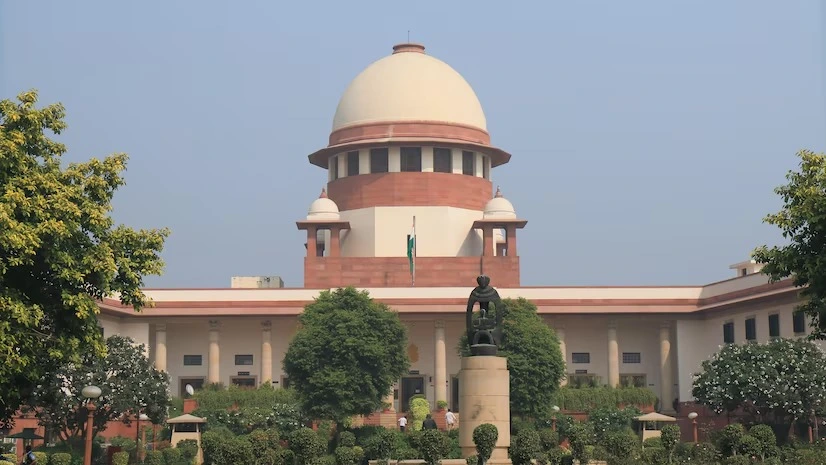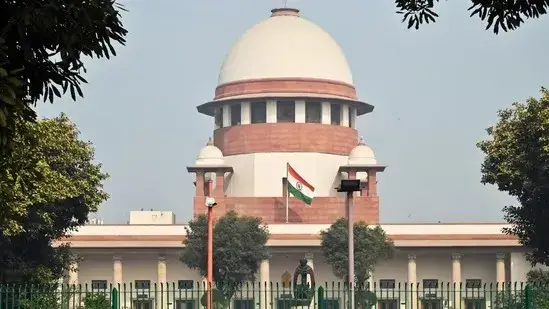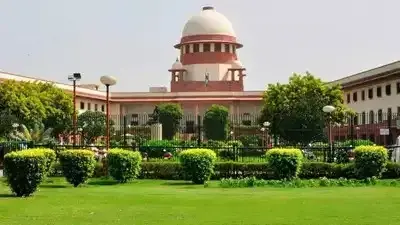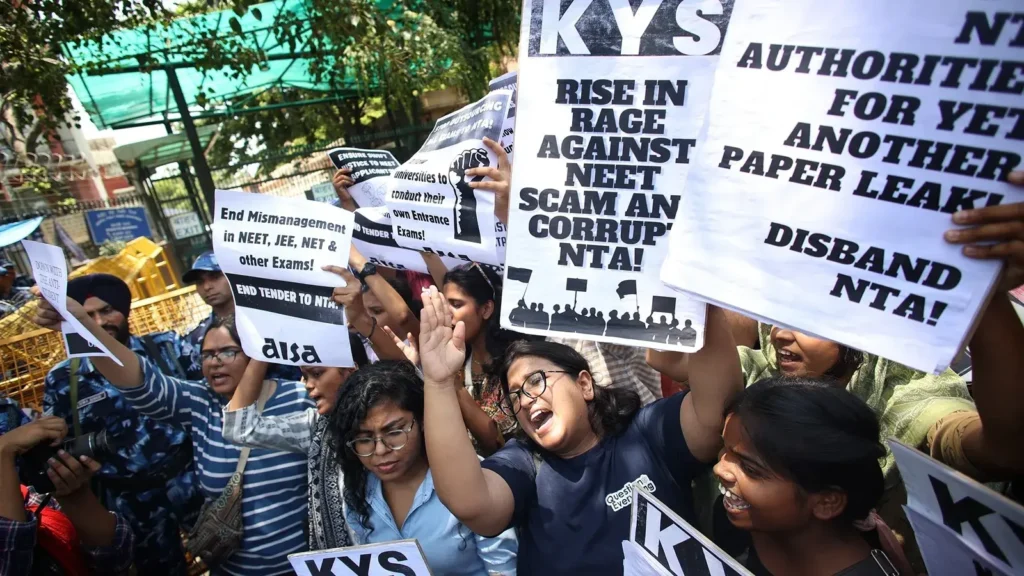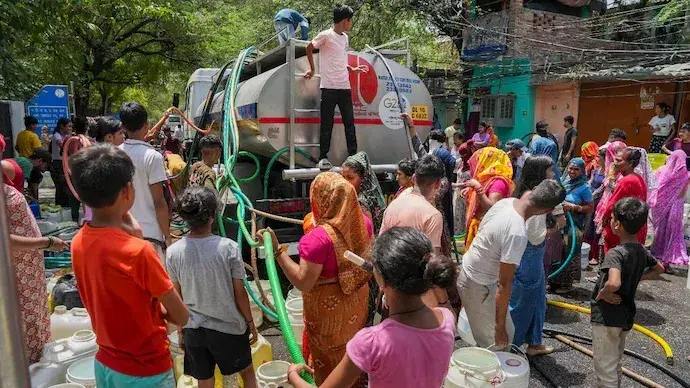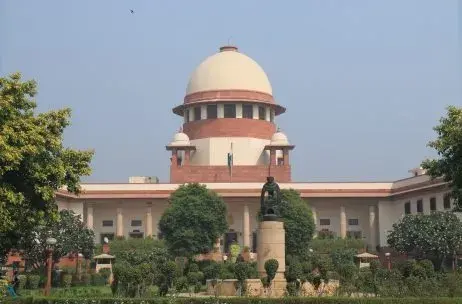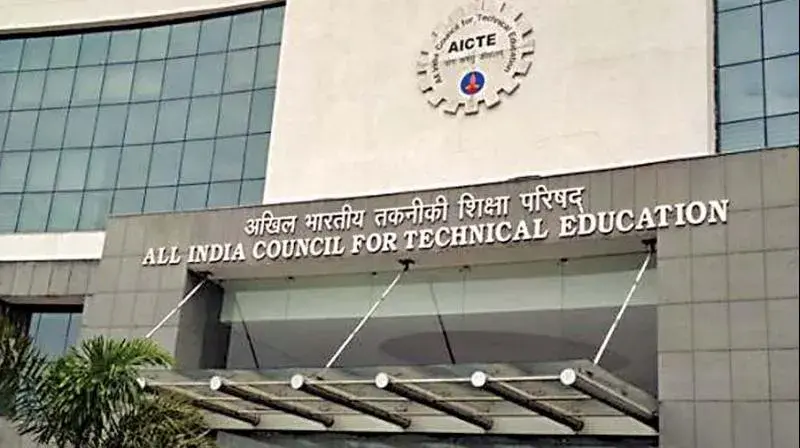A retest for all 1,563 candidates who were awarded “grace marks” for “loss of time” in this year’s National Eligibility-cum-Entrance Test (Undergraduate) is among the options being considered by the four-member committee formed last week by the National Testing Agency (NTA). This follows an uproar over the extraordinarily large number of candidates scoring well in the entrance test, with 67 securing the perfect score of 720/720. The Indian Express has learned that the committee, headed by a former UPSC chairman, in its first few meetings, has discussed offering all 1,563 candidates the option to either sit for a retest or accept the “non-normalised score,” which reflects the scores they actually achieved before the addition of grace marks. The exact composition of the committee hasn’t been disclosed by the government, but it is expected to submit its recommendation to the NTA in the next two days, sources said. On Tuesday, the Supreme Court, while hearing a petition seeking the cancellation of the exams amid allegations of leakage of the NEET-UG paper, said the exam “sanctity has been affected” and sought answers from the NTA and the Centre. However, the bench, presided over by Justice Vikram Nath, declined to stay the counselling and tagged the petition with another to be heard on July 8 by a bench led by Chief Justice of India D Y Chandrachud. “Let the counselling start. We are not stopping the counselling,” Justice Nath said when Senior Advocate Mathews J Nedumpara, appearing for the petitioners, urged the bench to stay the counselling. Announced on June 4, the NEET-UG results drew immediate attention after 67 candidates got the perfect score of 720/720, and some candidates got 718 or 719 — marks others claimed were not possible under the exam scheme. The NTA attributed this to a combination of factors, including a relatively easier paper, the decision to award additional marks to students who lost time during the exam because of errors and delays on the part of NTA staff and invigilators, and an incorrect question. Of these three reasons, as many as 1,563 candidates, across six test centres, witnessed an artificial bump in their results due to the additional marks awarded to them in proportion to the time they lost because of mistakes made by invigilation staff. Of the six centres, two were in Chhattisgarh (one each in Balod and Dantewada), one each in Meghalaya, Surat, Haryana’s Bahadurgarh, and Chandigarh. According to video footage reviewed by the NTA, it was determined that candidates across the six centres had lost up to 40 minutes and were compensated appropriately with grace marks based on a normalisation formula from a 2018 Supreme Court judgement regarding a similar incident in CLAT. The NEET-UG paper duration is 200 minutes. The announcement of NEET-UG results was followed by an uproar, forcing the NTA and the Ministry of Education to constitute a committee to at least review the results of the 1,563 candidates. “Although this is not the final decision, many members are leaning towards the option of asking these candidates to either accept their raw score (pre-normalisation) score or sit for a retest. The majority of the 1,500 candidates scored less than 300 out of 720 marks even after normalisation. It was felt they may not come forward for the retest even if offered as an option. For the remaining numbers, it will not be too difficult to conduct the exam again,” said a source who did not wish to be identified. The Directorate General of Health Services hasn’t announced the counselling schedule yet. If the NTA finally decides to conduct a retest, it will have to consult DGHS to ensure that the results are announced before the counselling process begins. Around 24 lakh candidates took the entrance examination held on May 5 in 571 cities, 14 of which were outside India. According to the latest available data, there are a total of 1,08,940 MBBS seats in more than 700 medical colleges across the country. In the Supreme Court, a fresh writ petition, filed by a batch of students, raised doubts about the sanctity of the examination in the light of allegations of the paper leak and urged the court to cancel it and direct the NTA to hold it again. In their plea, the students said, “After having stumbled upon news of the NEET exam paper leak, they have been shaken… the Petitioners are under tremendous stress and anxiety … their family members nurtured the dream of Petitioners becoming a medical practitioner one day.” Hearing a similar plea on May 17, a CJI-led bench had declined to stay the declaration of the NEET exam results and posted the matter for hearing on July 8.

